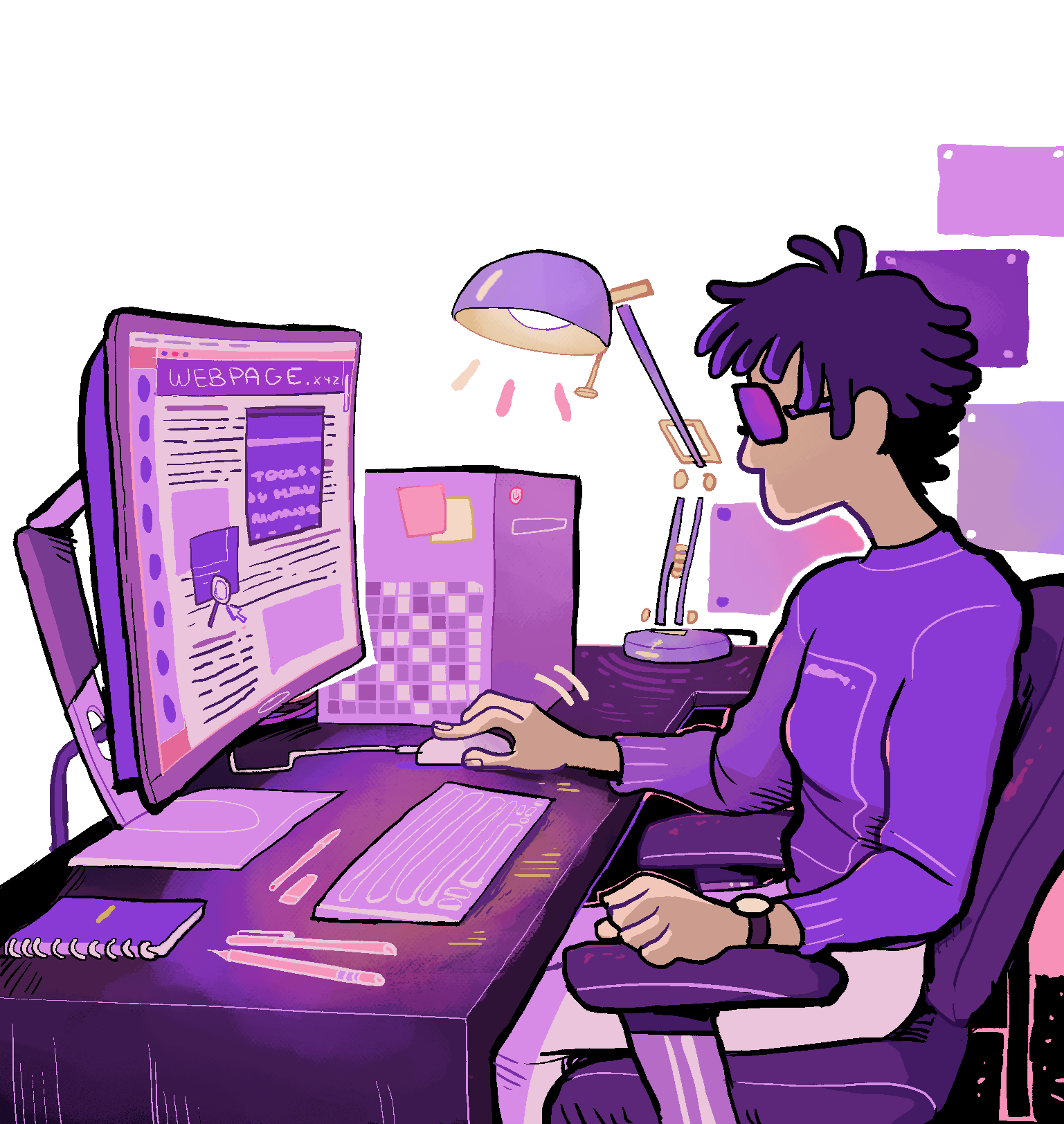16 Digital and Web Accessibility Initiatives
Greater Web Accessibility for Student Accessibility Services
In Summer 2022, Student Accessibility Services launched its redeveloped website to improve the user experience for the McMaster community, centering the experiences of students with disabilities and the staff and faculty who support them. Developed in partnership with the Student Success Centre and Student Affairs Tech Team, the new website process involved multiple layers of accessibility testing, including the use of customized accessibility personas that emphasize a “person-first” approach. Improved website features include streamlined navigation, content developed following plain language principles and other best practices in accordance with the Accessibility for Ontarians with Disabilities Act (AODA) regulations. With a dedication to continuous improvement, SAS plans to conduct further user testing in Winter 2023 to ensure the website is as accessible as possible.
Contributors: Student Accessibility Services and Student Success Centre Staff: Andrijana Olaizola, Mei-Ju Shih, Jeffrey Low, Elizabeth DiEmanuele, Ashley Fink, Jacqueline Hampshire, Michelle Barr, Hussein Mukri, Sergio Venier

Accessible Digital Content Training: Web Content Accessibility 101
The Faculty of Science and the Equity and Inclusion office have continued their partnership and development of the Accessible Digital Content Training Pressbook through the addition of Web Content Accessibility 101. This training has been tailored to McMaster website environments, such as MacSites, and is intended to make accessibility accessible for all forms of web content managers. The authors hope to continue to update this chapter with helpful tips and tricks to make our public web environments as inclusive as possible.
Contributors: Nusrat Mir (Equity and Inclusion Office), Jessica Blackwood (The Faculty of Science), and Kate Brown (Equity and Inclusion Office)
Faculty of Science Web Migration to MacSites Project
The Faculty of Science, in partnership with Media Production Services (MPS), Research & High-Performance Computing Support (RHPCS), and University Technology Services (UTS), has begun migrating their main website properties to the MacSites environment. The main driver for this migration was to improve the accessibility of our public web environments. MacSites, hosted by MPS and UTS, has been committed to template accessibility and incorporating feedback from disability-led initiatives on campus, such as the User Testing for Web Accessibility group, co-coordinated by the Equity and Inclusion Office and the Faculty of Science.
The faculty is eager to continue to improve the accessibility of their websites and facilitate a user-friend editing interface for their web owners. The Faculty of Science and the Equity Inclusion Office has also partnered to develop specific accessibility training for web accessibility.
Contributors: Faculty of Science, Media Production Services, Research & High-Performance Computing Support, University Technology Services, The Equity and Inclusion Office
Inclusive Design Production for McMaster
The Faculty of Science has been actively creating templates to promote the creation of accessible digital content. Primarily using Microsoft PowerPoint, these templates have allowed individuals with varied design backgrounds and accessibility knowledge to create branded, professional, and inclusive media content. This includes the production of static images for social media, newsletters, reports, and posters. The Faculty hopes these templates can be shared back to central campus to help enable inclusive design across McMaster. For more information of how to develop accessible PowerPoints, including downloadable, branded templates, please visit the PowerPoint chapter in McMaster’s Accessible Digital Content Training.
Contributors: Faculty of Science
The Accessible Newsletter Template
To meet our Accessibility for Ontarians with Disabilities Act (AODA) commitments and be accessible to a wider audience, the Department of Kinesiology enlisted Jessica Blackwood (Digital Media Specialist Supervisor, Office of the Dean/Science) to help re-design our department newsletter to work better with assistive technology, such as screen readers. The Kinesiology newsletter has since become a template for other Faculty Departments. Read the September 2022 newsletter for more details.
Contributors: Department of Kinesiology / Office of the Dean, Faculty of Science (Jessica Blackwood), Gianni Parise, Katey McKay, and Katie Luong
Audit and Remediation of Faculty of Science Public Records
The Faculty of Science has undergone continued audit and remediation of our public documents, including forms, policies, and course outlines, to promote an inclusive online environment. This work has been facilitated by hiring and funding support from the Student Success Centre and their Career Access Professional Services and ISWO programs. Our workflow was also developed from the Remediation of Course Content in Science Program, funded by the IDEAS grant program from the MacPherson Institute.
Contributors: Faculty of Science, Student Success Centre, MacPherson Institute
Discover and Learn Microsoft 365 and Zoom
The Discover and Learn Microsoft 365 & Zoom support site was updated over the Summer of 2022. With the help of UTAG (University Technology Assistance Group), the student group that worked with University Technology Services (UTS), all technology support tickets for the last year were analyzed to identify user needs and challenges. We also did a full audit of the McMaster Microsoft 365 website and the Discover and Learn site to identify redundancies and shortcomings.
The Updated Accessibility Support page provides training for both users and creators of content when using the Microsoft365 suite of apps or Zoom.
Contributors: Christa Morrison (University Technology Services) and UTAG (University Technology Assistance Group)
